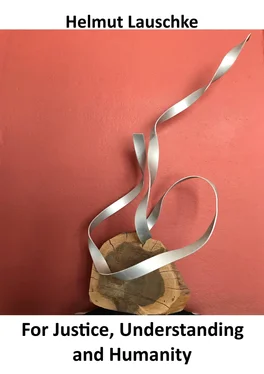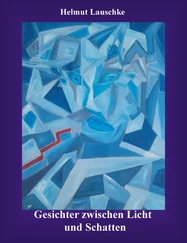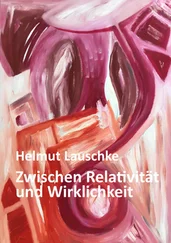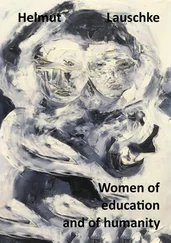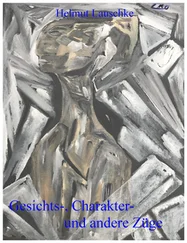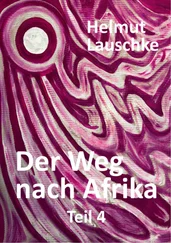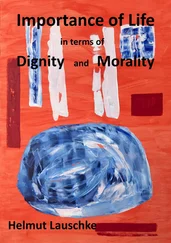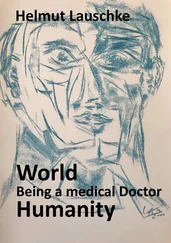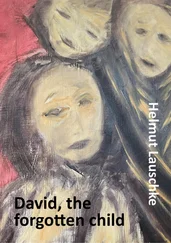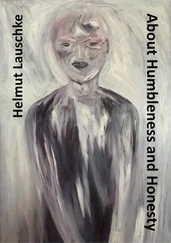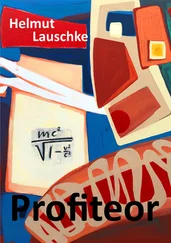After the patients have taken their luggage, the boxes with the drugs and infusion bags were taken from the luggage hold and carried on the trolley to the waiting hall. Finally, the bus driver took the big freezer box with the transfusion bags from the co-driver’s place which were carried on the trolley to the hall. The returned patients had to be seen by the doctor who was on outpatient call. This doctor had to decide, if the patient could be discharged or had to be admitted. The doctor on call was Dr Ruth who started the screening work. I went through the wards and looked after the operated patients of the day. The ten-year-old girl after amputation of the right arm was sleeping. The nurse had given her the pain injection. I looked at her sleeping face and saw the broad grieving rings around her closed eyes with the spots of dried-up tears. I read from her face that she had a fight in her troublesome sleep against the attempt to get reminded of what was done on her.
I left the hospital and crossed the square when I looked back to the outpatient reception where people and mothers with children prepared their sleeping places for the night. Cardboards and papers were spread out on the front passage surrounded with bags, tops and bottles. Young women breastfed their babies and wrapped them in cloths and carried them on the back. Old women puffed on short pipes what had the sharp smells of herbal-tobacco mixtures. Old men fiddled clumsily on the long sticks. Old and young sat side by side. They stared over the square, rummaged in bags and pockets and put out spoons and tins and ate from tinplates and pots and drank water from plastic bottles. Spoons clattered in the pots. The people spoke hardly to each other.
It was sunset and the sun dived the sky for some minutes in a red-violet blaze of colour. I took the way back to the flat as a walk under the great light spectacle of a ‘dramatic’ transfiguration. I showed the permit to the guard at the checkpoint who had no objection. Dogs strayed around and the cats were hiding. I pulled off the sandals with the sweaty cork soles in the verandah and the sweaty shirt in the sun-heated sitting room. I went to the small kitchen and filled the kettle half with water and put it on the gas flame for a cup of rooibos tea. I stirred in two teaspoons of sugar and took the cup with for a seat on the step outside the verandah door where I lit up the cigarette. It was an evening as the countless evenings were when I returned tired and exhausted from the hospital to spend the rest of the day in loneliness. I looked at the sky and saw the first stars coming out in the early darkness.
The ten-year-old girl knocked in my mind. She was weeping about the loss of her right arm. It was a great tragedy which I compared with the tragedy of the fourteen-year-old Kristofina who was hit by lightning which had burnt the right lower leg and had charred her shin bone. Kristofina passed away a few hours after admission. The ‘lightning strike’ on the ten-year-old girl was the malignant bone tumour on her upper arm [ humerus ] why the girl had to sacrifice her right arm. I saw still the amputated arm on the spread-out paper on the floor where the dark blood ran out from the cut-off end and formed a small lake of blood that clotted and stuck the arm to the paper. The question was: which kind of life could this girl expect. It was a question which I could only hypothetically answer.
The traumatic impact was inconceivable in respect to the psychological trauma. The girl was a right-hander and understood the world from this side. The change from right to left would be the greatest break and the learning process had to start right from the scratch. The prominent right shoulder board with the extremely short arm stump had lost any functional meaning. The girl’s body with the broken-off anatomy had an aesthetic deficit of a significant degree for the rest of her life. The stroke of fate and the surgery had crippled her human shape so much that loneliness and sadness would accompany the girl through the years to come.
The night sky stood in full splendour. I stubbed out the cigarette in the sand and emptied the cup of tea. I stood up, put the cup on the sink and took a seat at the verandah table in the sitting room and started to write down some of my reflections:
With ten you were a child
when you were hit with your beautiful face
what more frequently hit older and injured people.
Your dreams became inevitably shocked
when they hurried ahead and have seen
what came from the darkness without any light.
You called for your father
loud and then soft, so you have called
who saw you and was on the way
when he got torn loudly to pieces.
You have squatted down
with your hands against your eyes.
You were afraid and you were right
and has learnt to shed your tears
which could not stop.
The arm was the next without being pertly
it was taken from you for some reason
that you couldn’t find in your dream
because there was a corner in the darkness
without brightening by a single spark of light.
What should I say?
There was something hidden in the arm’s bone
that did not look good, because it was bad.
That is that I cut off the bad from you
what was in your right arm.
It is a case if one likes to help
but is unable to do so without a compromise.
When you come back from your dream
and will remember where it was
you will be sad what I didn’t want to be
maybe, you will be angry with me
what I can understand.
You were a young and beautiful girl
to whom it had happened with the arm
which you have used to play and write
to carry the container with water
or put the bucket with water on your head
or gave the goat a smack.
Now the arm is cut off
and you will never get it again.
Poor little girl, what will be
when you wake up?
I put the picture of the girl into my mind as she was trying to fly with the left wing, but dropped as a falling angel and was about to break the flapping wing. It was the picture of the pity and sadness when she raised up the left arm, but where the right arm had to be, there was not more than a short and ugly stub.
I left the table and took again a seat on the step outside of the verandah door and lit up a cigarette. The convoy of the five Elands with the long ninety-millimetre barrels took the sharp left curve in front of the flat to leave the village for the nightly field patrol. The heavy vehicles left a sandy cloud behind and the nose smelt the dry-bitter stuff what was tasted on the tongue as well. The moon was nearly round like a baker’s face and the round face kept silent as it had lost its speech. I looked at the Southern Cross and understood the deadly silence in that ‘rural’ area of an unknown light years’ distance. After this night observation and night reflection I pulled off the clothes and went to bed. I wished that the ten-year-old girl didn’t meet me in my dream.
I woke up bathed in sweat when the cocks crowed the morning of the new day. A missile whizzed through the dream and tore off my right arm. The cold sweat was related to the ‘fact’ that I could not continue the work as a surgeon. I felt myself useless and saw the fundament of my existence falling to pieces. It were the crowing cocks which saved my life and gave me the existence back by pulling me out of the dream what was a hard battle. It brought me back the right arm what I was unable to do to the girl. I stood under the shower when I asked myself the question, if I had tried in this dream to put a new arm on the girl. I felt ashamed that I didn’t try it. I was in the expectation of the new day and drank the cup of instant coffee with the chicory supplement and two teaspoons of sugar to fight the tiredness after the dramatic missile dream. I put on the sandals in the verandah and left the flat without looking at the paper with the writings of the previous evening.
Читать дальше
